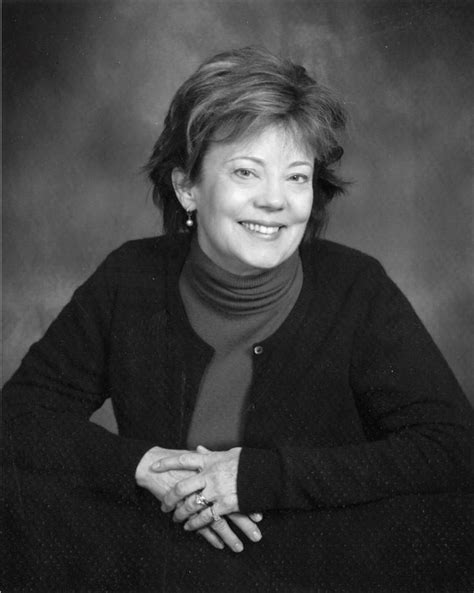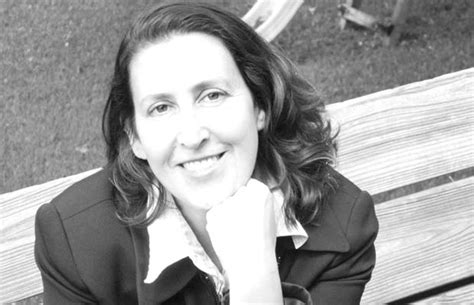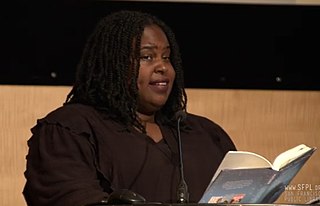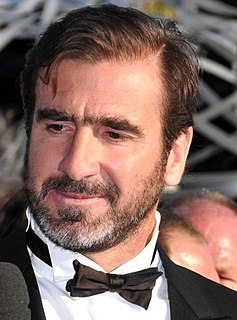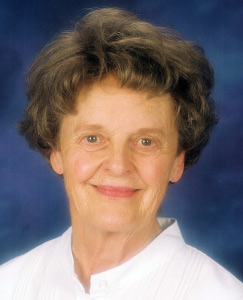A Quote by Diane Mott Davidson
I wanted to be a literary writer, so I wrote story after story and sent them to 'The New Yorker.'
Related Quotes
'Royal Beatings' was my first story, and it was published in 1977. But I sent all my early stories to 'The New Yorker' in the 1950s, and then I stopped sending for a long time and sent only to magazines in Canada. 'The New Yorker' sent me nice notes, though - penciled, informal messages. They never signed them. They weren't terribly encouraging.
William Maxwell's my favorite North American writer, I think. And an Irish writer who used to write for 'The New Yorker' called Maeve Brennan, and Mary Lavin, another Irish writer. There were a lot of writers that I found in 'The New Yorker' in the Fifties who wrote about the same type of material I did - about emotions and places.
The Greeks used to use the same stories, the same mythology, time after time, different authors. There was no premium placed upon an original story, and indeed, Shakespeare likewise. A lot of people wrote plays about great kings. They didn't expect a brand-new story. It was what that new author made of the old story. It is probably the same now. We disguise it by inventing what seem to be new stories, but they're basically the same story anyway.
I was writing everything. I grew up in Albany, New York, and I was never any farther west than Syracuse, and I wrote Westerns. I wrote tiny little slices of life, sent them off to The Sewanee Review, and they always sent them back. For the first 10 years I was published, I'd say, "I'm a writer disguised as a mystery writer." But then I look back, and well, maybe I'm a mystery writer. You tend to go where you're liked, so when the mysteries were being published, I did more of them.
I wrote The Jesus Storybook Bible because I wanted children to know the Bible isn't mainly about you and what you're supposed to be doing. It's about God and what he has done. It's the story of how God loves his children and comes to rescue them. It's a Love Story. It's an Adventure Story. And at the center of the story is a baby - the child upon whom everything would depend. And every single story in the Bible whispers his name.
With my two brothers, Jean-Marie and Joel, I wrote a two-page story and wanted to make some kind of movie. We met a French production company, called Why Not?, and the first name we put on the list was Ken Loach. It was a dream for all of us. So, we tried and we met Ken and Paul Laverty, his writer, and they read the two pages and were inspired by that to do something. Paul had the freedom to do his own story - and he wrote his own story, which is better than the one we'd written.
You're not allowed to park a truck in your driveway. You're not allowed to work on your house on Sunday. The people who enforce these laws are nuts. After I wrote a column on this, I got I don't know how many letters from Coral Gables homeowners, story after story after story, wonderfully horrible stories. And the venom they felt for their own government!
The ‘experimental’ writer, then, is simply following the story’s commands to the best of his human ability. The writer is not the story, the story is the story. See? Sometimes this is very hard to accept and sometimes too easy. On the one hand, there’s the writer who can’t face his fate: that the telling of a story has nothing at all to do with him; on the other hand, there’s the one who faces it too well: that the telling of the story has nothing at all to do with him
When I was eight years old, I wrote a paragraph-long short story about a goat on my mother's hundred-pound, black-and-white-screen laptop. The story came about largely because I liked the way the word 'goat' looked on the page, but I decided then and there that I wanted to be a writer. That desire never changed.
